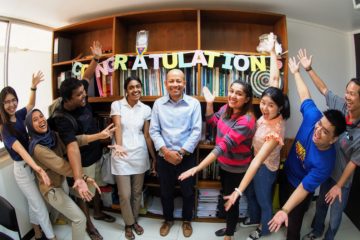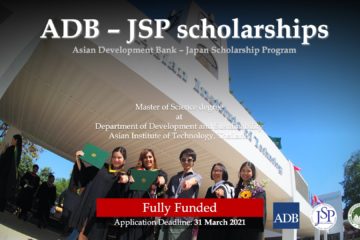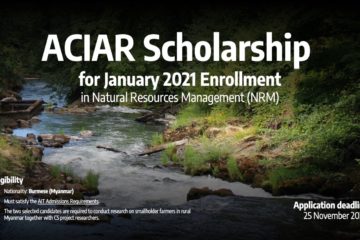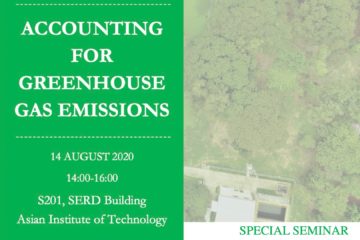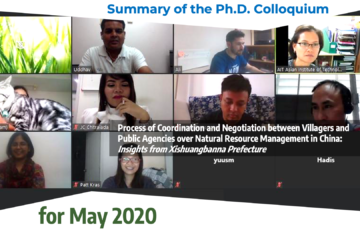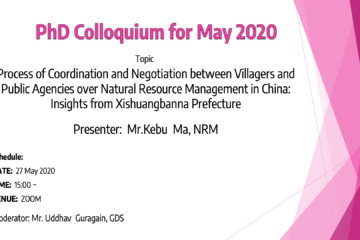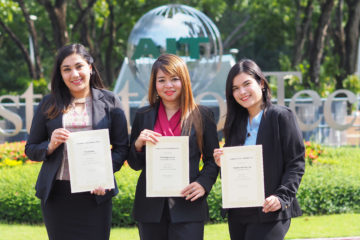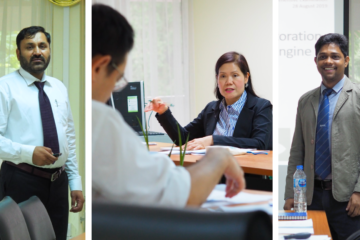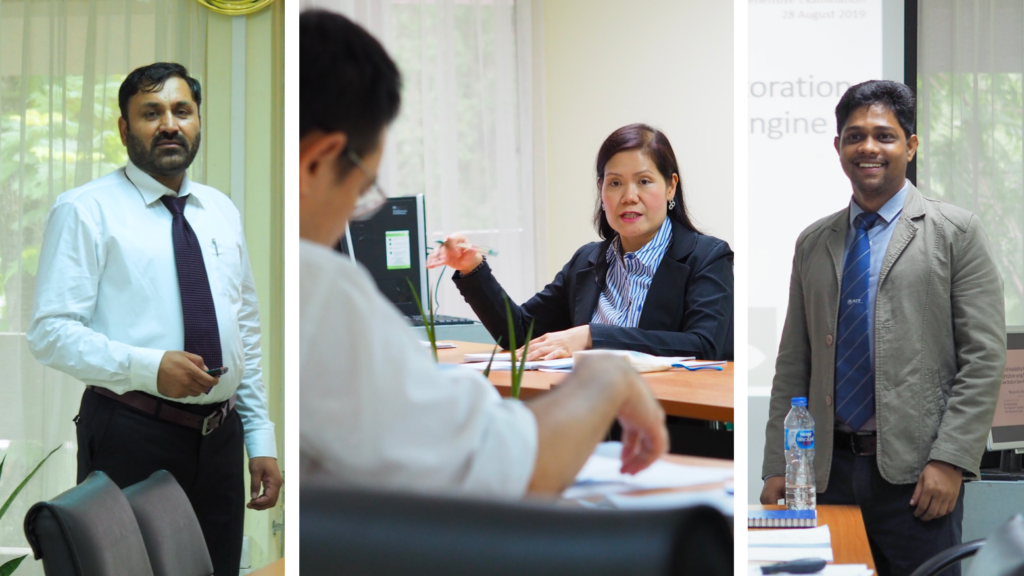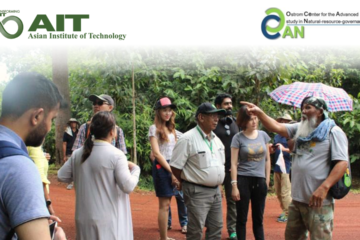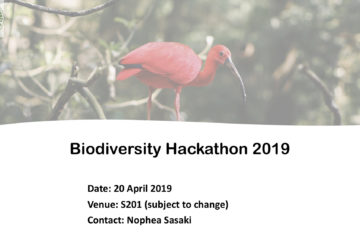Prof.Nophea Sasaki appointed as new Head of the Department of Development and Sustainability
The Department of Development and Sustainability (DDS) is happy to inform that Prof.Nophea Sasaki has been appointed as the new Head of Department (HoD) starting 16 April 2021, taking over the lead from Prof. Vilas Nitivattananon (January 2021 – 15 April 2021).
(more…)